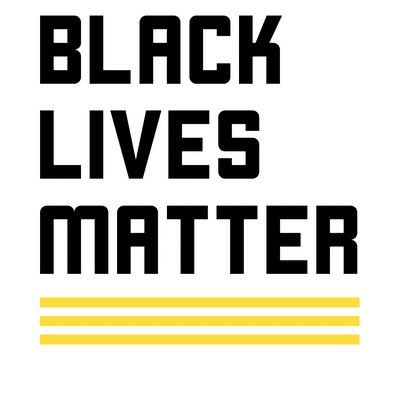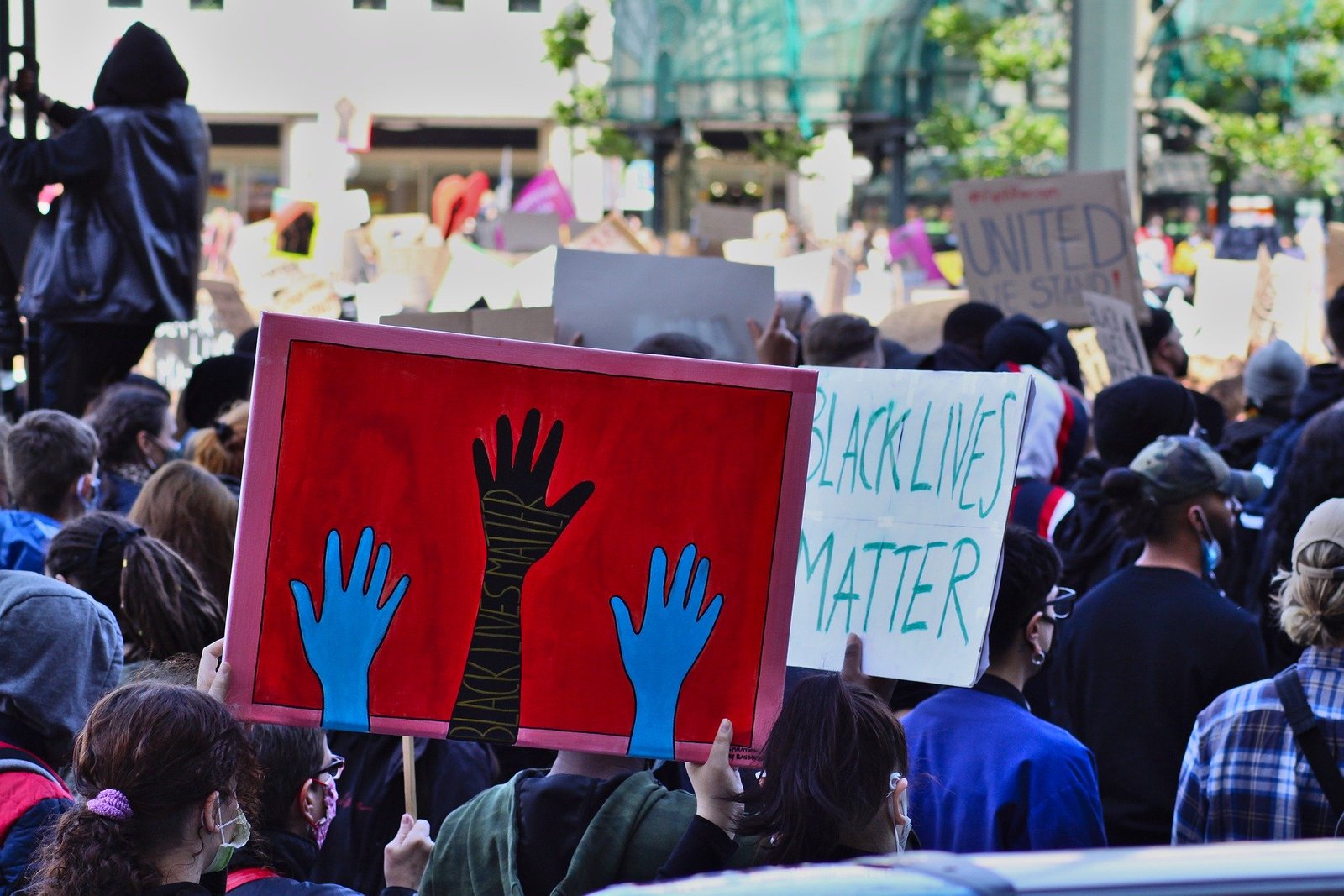Britain is my country. Conceived in semitropical climes, I was borne in my mother’s tummy across the skies to wriggle feet first, umbilical cord wrapped loosely around my neck like a muffler against the northern chill, out into the world in an industrial Scottish town where the diabolical flares of oil refineries dotted the Mordor-like horizon (I still love the dystopian industrial landscapes of refineries and rigs). And Pakistan is my country, where I returned, cradled as an infant, to my father’s land, where I was weaned on dhansak and rode my tricycle in the dusty garden with the Bengali boy who was my first love who left me with a lifelong affection for the lilting accents of Indian English. And India is my country. My father was born before the political fiction of a separate Land of the Pure was invented, that allegedly sanctified place where my impure, hybrid, half-caste self grew up. He was born in India, the brotherland, he was an Indian first – and we are all one people. And, as a Parsi, Iran is my country. You could probably trace my father’s ancestors back in a wiggly line down the stretched-out diamond of the subcontinent to the Gujarati coast where a priest mixed sugar in milk to show our hosts our sweetness and then back across the sea, where my voyaging ancestors lost track of a month in their confusion, back to Persia. You can go back further still, to some sub-saharan African country, before our identities were tied to something called race, to nations and ethnicities, back to times when we had darker melanin-stained skins and were a single small tribe, all as pink as chimps, when my greatgreatgreatgreatgreataunt Lucy walked hand in hand with her daughter across the floodplain, leaving twin tracks of footprints to forever mark their journey.
We used to believe the world was rich in pure, unpopulated silences and emptiness: that the electron was a pea whizzing around a giant echoing barn and the universe a wasteland of vacant space, lightly peppered at vast intervals by stars. But now we know that the atom is smeared full with the blur of electron clouds; that our DNA is bristling with a million macros, working, working; that our bodies are a safari park where a trillion trillion tiny animals play and prey; that the very energy that fuels us is borrowed from symbionts nestled deep inside our cells; that space itself is bulgingly heavy with dark matter; that, as Sally Potter puts it, there is no such thing as no, there’s only yes. There is no purity. Everything is swarming, teeming, crowded, crammed, overrun.
If we were pure, we would be a race of Borg-like clones, a giant ant heap, an army of fatherless virgin Athenae. But instead recombination, reshuffling, mixing, mingling, confusing of chromosomes, a game of genetic musical chairs is repeated at every mitosis. And this messy, random ceilidh, this cat’s cradle of couple swapping, is what keeps us healthy; it’s why we are a sexual species, it’s what keeps us viable and alive.
I feel that lately there has been such emphasis placed on the fictions of boundaries, dividing lines and clear separations: you white man here and black man there; you Indian here and Pakistani there; you Hindu here and Buddhist there. And the borders are militarised, policed, you cannot cross without your documents, without your proof of identity. And all is mapped out in castes and ethnicities and –stans, in sects and political groups. And to claim the identity you must conform to a standard, fit an expectation. In this narcissistic world of small differences, heretics are more hated than infidels.
And now I live in a land whose culture is famous for its rootlessness, its homesickness. “There’s no such thing as Argentines and foreigners,” a friend said the other day. “We Argentines are foreigners.” In the young nation, where tango developed, more than half of the city’s inhabitants were not native born. And the tango reflects that, with its longing for a past already lost, a past that belonged not to the porteños themselves but to their parents and grandparents back in southern Italy and Spain and the Jewish ghettos of Russia, a past longed for but not recovered, dissolved into the melting pot of the city, but still retaining its savour, like a spice adding its distinctive note to a stew. It’s a quadruple nostalgia, a palimpsest of memories, layers upon layers of loss: the tango singers relate the story of the immigrant child far from the old country, the childhood past and gone, the innocent first love, like my Bengali boy lost forever, and, as we listen to the singer, we evoke, with nostalgic melancholy, a golden age of tango, a golden age which was itself nostalgic, regretting its own lost idylls. And, returning full circle, we foreigners are exiles once again, pilgrims to the misnamed silverless silver land at the bottom of the world, to this young country of cows and oil, once one of the world’s richest and now in mourning for its more glorious past.
We are all mixed race, my friends. We are all messy hybridisations, miscegenations, mongrelisations. We are all mutants, the products of random, promiscuous minglings. That is the nature of life. To purify is to sterilise, to kill. Our pasts, our heritages are never our own. They are always borrowed from others, from those who went before. We all have hyphenated identities. And all countries, ethnicities, skin tones and races are fantasies. They’re arbitrary boundaries and partitions of the imagination. We are all mongrels, my friends. And mongrels, as every dog-lover knows, are the best dogs of all.






[…] kind of lumping, I could not recognize myself in any part of this description. I’m mixed race and I believe we are all genetic mongrels—and that’s a good thing. I’m living in India. And I am a progressive, who would like to see […]
Posted by roxanne
1 October, 2017 at 5:38 pm
Hi, i enjoyed your article. i agree with you; no one has been 'racially pure' since we left the Rift Valley. But ultimately, i reject the race argument because it is rooted in race theory, which is what you are questioning here. i think it is more relevant to describe people by their ethnicities and cultures.